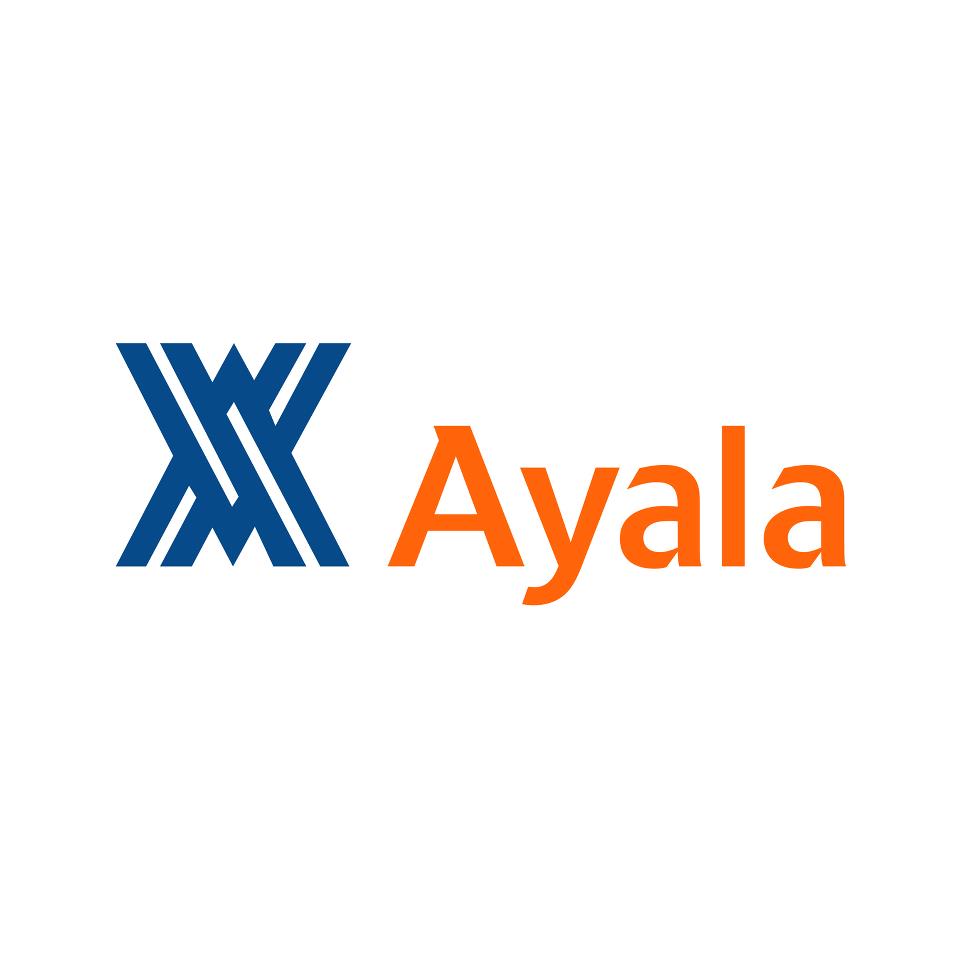
MANILA—Philippine conglomerate Ayala Corp. booked a 17-percent increase in profit in 2016 on the back of its real estate and banking units, and emerging businesses in power and industrial technologies.
Its net income reached Php26 billion last year from Php22.3 billion in 2015.
Last year’s higher profit gave the conglomerate hope of reaching its target to double its net income to Php50 billion by 2020 anchored on strong growth projections both in its core and emerging businesses.
“I think we are on track… You are building the businesses that will contribute 20 percent in 2020. We are looking at AC Energy, AC Industrials to deliver bulk of that,” Ayala Corp. chief finance officer Jose Teodoro Limcaoco said in a press briefing.
Limcaoco said Ayala aimed to also increase the contribution of its international business to overall earnings to 10 percent this year from three percent in 2016.
Ayala last year set up AC Industrials to house the group’s investments in industrial technologies, namely Integrated Micro-Electronics and AC Automotive, to take advantage of opportunities in emerging trends in the global manufacturing.
The conglomerate’s industrial technologies portfolio reached a net income of Php 1.8 billion during the year, 29 percent higher than a year ago. Its automotive business shared significant profit growth on robust vehicle sales across all brands and higher contribution from its distribution businesses.
In electronics manufacturing, Integrated Micro-Electronics Inc. (IMI)posted a net income of USD 28.1 million (Php1.3 billion), two percent lower than its year-ago level, owing to transaction and financing costs related to strategic acquisitions and foreign exchange headwinds from the Chinese Renminbi.
AC Energy recorded a 25-percent expansion in net earnings during the year to Php 2.7 billion, driven by strong equity earnings contribution from its operating assets on gains from value realization from its partial sale of shares in South Luzon Thermal Energy Corporation.
Equity earnings from AC Energy’s investee companies climbed 67 percent to Php1.8 billion on higher operating efficiency of GNPower Mariveles and the successful start of operations of South Luzon Thermal Energy Corporation’s second unit.
Ayala Land recorded a net income of Php 20.9 billion, growing 19 percent from a year ago, boosted by strong improvements in its property development and commercial leasing businesses.
Bank of the Philippine Islands (BPI) sustained its earnings trajectory throughout the year, with net profits soaring 21 percent from the previous year to Php22.1 billion.
This was largely driven by solid gains from the bank’s core banking, transactional, and bancassurance businesses, boosted by significant securities trading gains.
Despite sustained topline growth, the impact of non-operating and depreciation expenses from its recent strategic acquisitions weighed down on Globe’s net profits in 2016, which declined 4 percent to Php15.9 billion.
Manila Water’s net income reached Php6.1 billion, up 2 percent from the previous year on the improved performance of the Manila Concession combined with higher contributions from its businesses outside Metro Manila.
AC Infrastructure continues to execute on its three public-private partnership projects.
For the LRT 1, Light Rail Manila Corp. increased capacity by 30 percent, with average daily ridership breaching 500,000 in December. The Muntinlupa-Cavite Expressway is currently servicing an average of about 27,000 vehicles daily.
Meanwhile, the Beep card posted Php9.7 billion in total transactions, reaching 2.8 million users at the end of 2016. The Beep card has now expanded beyond rail to include select bus lines. It is also accepted as a payment platform in 80 FamilyMart stores.
“Ayala capped its five-year strategic target in 2016 with net income expanding nearly threefold and a 23- percent compounded annual growth rate since we put the plan in place in 2011. We believe this was achieved through our disciplined execution and a strong domestic environment,” Ayala President and Chief Operating Officer Fernando Zobel de Ayala said.